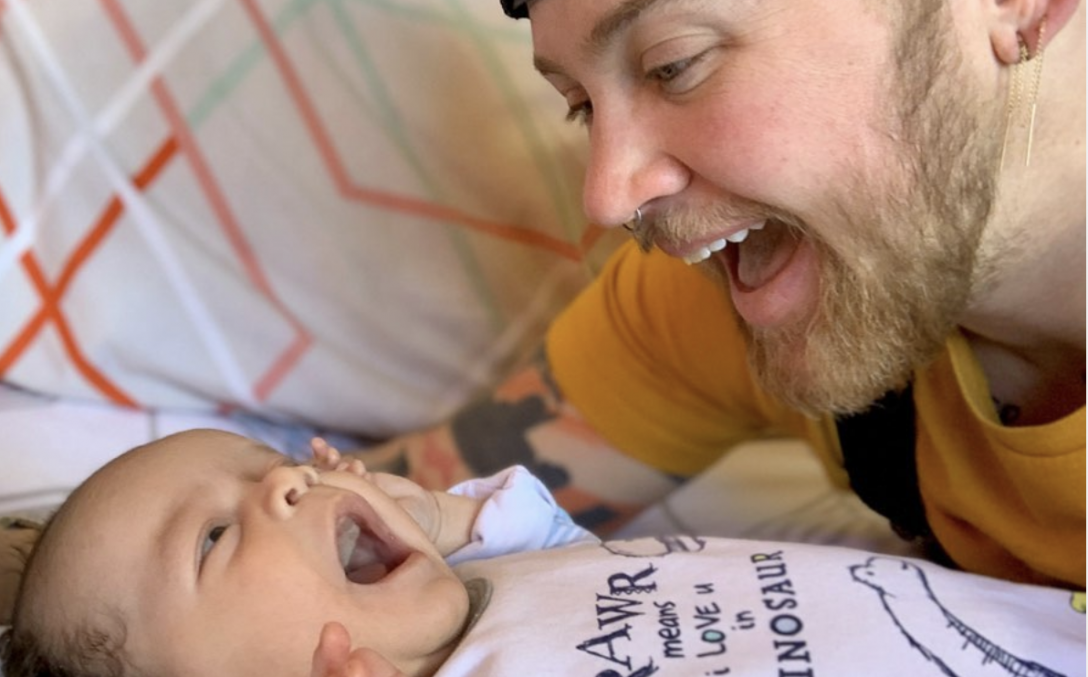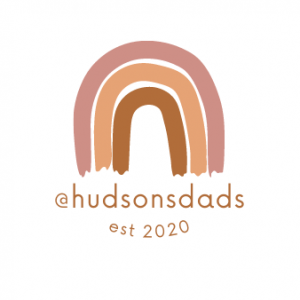Unless you are living on another planet (or perhaps studying for the California Bar Exam), you’ve likely heard the story of Rachel Dolezal, the NAACP officer and college professor from Eastern Washington who, for the last decade, has apparently pretended to be an African-American woman when she is, in fact, white.
Dolezal has not only represented herself as a woman of color, but she’s based her professional career on this fact as well, even being paid to speak on the topic of race and her experience as a minority woman.
I am not even going to speculate here as to why she did what she did– I’m not a psychologist, which is what I truly think she needs. I guess I can understand why someone who was seeking attention somehow might think that pretending to be a minority would instantly give her a soapbox to speak on, but even this is hard to swallow.
What Dolezal did was selfish. She exercised her white privilege to decide to be a woman of color, and then took jobs at an institution of higher learning and the nation’s most well-known advocacy groups dedicated to advancing the rights of African-Americans. You know, jobs that probably otherwise would have gone to actual people of color.
In the aftermath of the Dolezal reveal, some people have been comparing her to Caitlyn Jenner. After all, if Caitlyn can be born into a different body and decide to transition as a way of expressing her true identity, then can’t a white woman decide that her true identity is that of a person of color, and then change her outside to reflect that reality?
The answer to that question is no.
1. First, trans people are still a persecuted minority. Yes, African-Americans are too in many ways, but in many places in this country trans people have no legal protection at all. Some places are even still trying to create special laws just for trans people, like trying to tell us which bathrooms we can and can’t use. Trans people can be fired, evicted, and any number of other terrible things just because they’re trans, which is something that our laws forbid when it comes to race (at least on paper). Trans people also have a high incidence of suicide, because being trans is stressful and challenging and very much demonized in many places. No one would pretend to be trans if they were not trans.
2. Rachel Dolezal is not expressing her “true self,” the way transgender people are. Transgender people aren’t “pretending” anything– if nothing else, they’re attempting to be their most authentic selves. I’m not pretending to be a trans man, I AM a trans man. Drag performers “pretend” to be another gender.
3. Dolezal’s costume is one that she can take off or put back on as she pleases, whenever it gives her the greatest benefit. When you’re trans, you’re trans when it’s easy and when it’s hard and there is no way to switch this up.
4. The world needs people to be allies and sympathizes, not imitators and appropriators. Both racial and sexual minorities need folks who passionately identify with our struggle to sit right where they are and say “I don’t think this is okay and neither should you” to all the other non-minorities in the room. Pretending to be one of us destroys credibility and distracts from the conversations that need to happen instead.


Thanks for posting this. Though I agree with most of your points, I don’t think the problematic argument going around is that Jenner is pretending to be trans*, but instead that she is pretending to be a woman…and I think this distinction necessarily changes the counter-argument.
LikeLike
Forgive my lack of precision in language. What you said is what I meant– you can’t analogize Rachel and Me because Rachel is pretending to be black, but I am not pretending to be a man. Thank you for picking up on this inconsistency!
LikeLike
But who’s to say that she’s pretending? That’s just what you decided. What makes her any less black than you are a man?
LikeLike
C– good question. The difference is in social construct vs. physical dysphoria. Transgender people don’t just identify with male or female culture and sociology, they have an actual psychological dysphoria in their bodies. Meaning, I see my body as a male form, absent any of the cultural ties connected to maleness. As far as we know, Dolezal has said her connection to blackness is black culture– but what does that even mean? Her connection is to the social construct of blackness in America. If she has some sort of physical dysphoria, on the other hand, then that might be a real identity disorder like the way transgenderism is. But her saying she’s black because she identifies with black culture is like a drag performer–
Someone who connects to the culture of the opposite gender, but does not actually have dysphoria and see themselves as that gender.
LikeLike
Okay. I’m convinced now. 🙂
LikeLike
Hrm. I see where you’re coming from, but I disagree. The way you describe your dysphoria, as being born into a group in which you never felt you belonged, is innately social. Would there still be trans people in a world with complete gender equality, devoid of all difference in dress and behavior? Maybe it’s possible to feel you were born the wrong sex independent of cultural constructions of gender, but how could you ever separate them? It doesn’t really matter. What matters is that a human tells me how they feel, and I either choose to believe them, or dismiss them. Saying that sex gender constructs are somehow deeper or more intrinsic than racial constructs is like a “my oppression is worse than your oppression” argument; both petty and moot. And your likening her to a drag performer is just wrong. Drag performers are a diverse bunch, so it’s probably a bad idea to assume they all identify and behave the same way, but most drag kings & queens identify as their birth sex. They are cisgendered 90% of the time, and they dress as the opposite gender as an act of rebellion, transgression, and appreciation. It is a performance, and everyone knows it. What Rachel did was pass as a different race 24/7 for years. I don’t know why she felt that impulse, but if it makes her life more satisfying, what’s the problem? Who benefits from all of this social gatekeeping, to say you can be this but you can’t be that?
LikeLike
Joseph,
The problem is that what Rachel Dolezal did caused actual, material harm to other people. Unless I’m mistaken, she received a scholarship (or maybe scholarships) that was meant for women of color, which aided in her eventually landing *paid* teaching and speaking positions where she spoke about the *lived experiences* of black women. Something she could not *possibly* speak on with any authority. Something she could not *possibly* know first-hand.
How many actual black women missed out on teaching/speaking opportunities – *paid* opportunities, that could have been instrumental in advancing their careers – because of this white woman who was pretending to be black?
That would be like me (a cis, gay, black man) saying that I had an *affinity* for “trans culture”, then pretending to be ftm*, getting some kind of scholarship that was earmarked for transmen, fashioning myself as some kind of authority on transmen’s experiences, then going around speaking about how difficult life as a transman can be. And getting *paid* for it.
That would be *totally* f*cked up! And, in Rachel Dolezal’s case, it *is* totally f*cked up!
How selfish and arrogant would I have to be to talk over someone who (possibly) dealt with years of gender dysphoria, expensive surgery, all of the societal bullsh*t that trans people face, etc., just because it made my life “more satisfying”?
Also, as has been pointed out in many places, she always had (and still has) the option of washing off that bronzer, taking out those box braids and going right back to being a white woman, with all the attendant societal perks and benefits.
Black women *do not* have that option. And neither do trans people.
And, one last thing. The NAACP was founded in part by white people, and white people have always had a place in “the struggle”. How much more good could she have done as a white ally than as a white person in blackface?
*My apologies if I got the terminology wrong (ftm/transman), I’m always *trying* to keep myself educated.
LikeLike